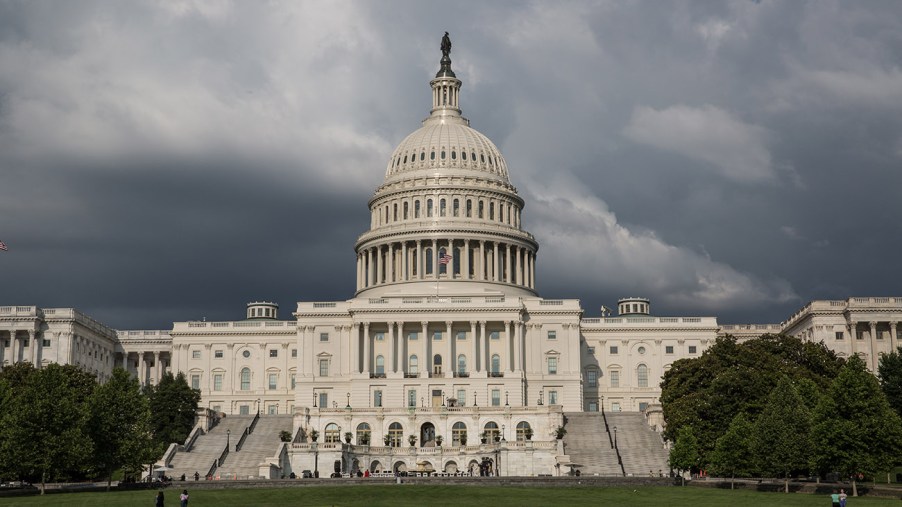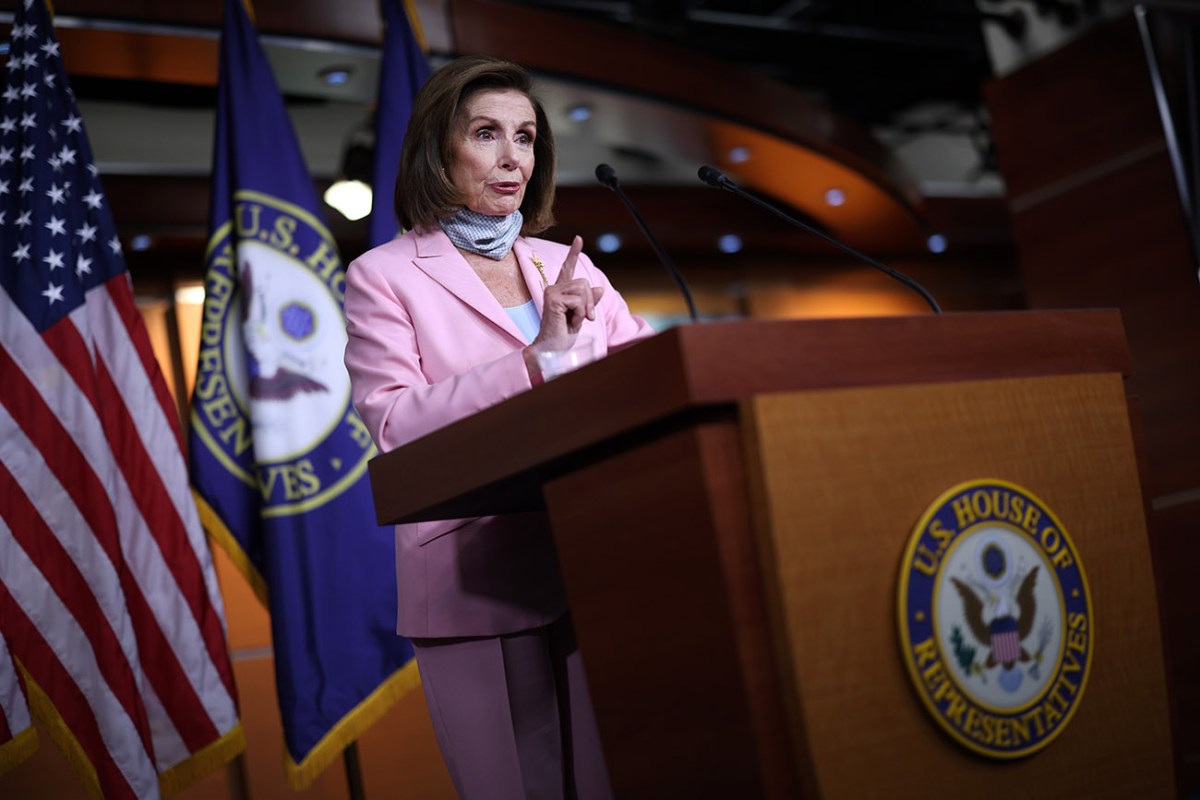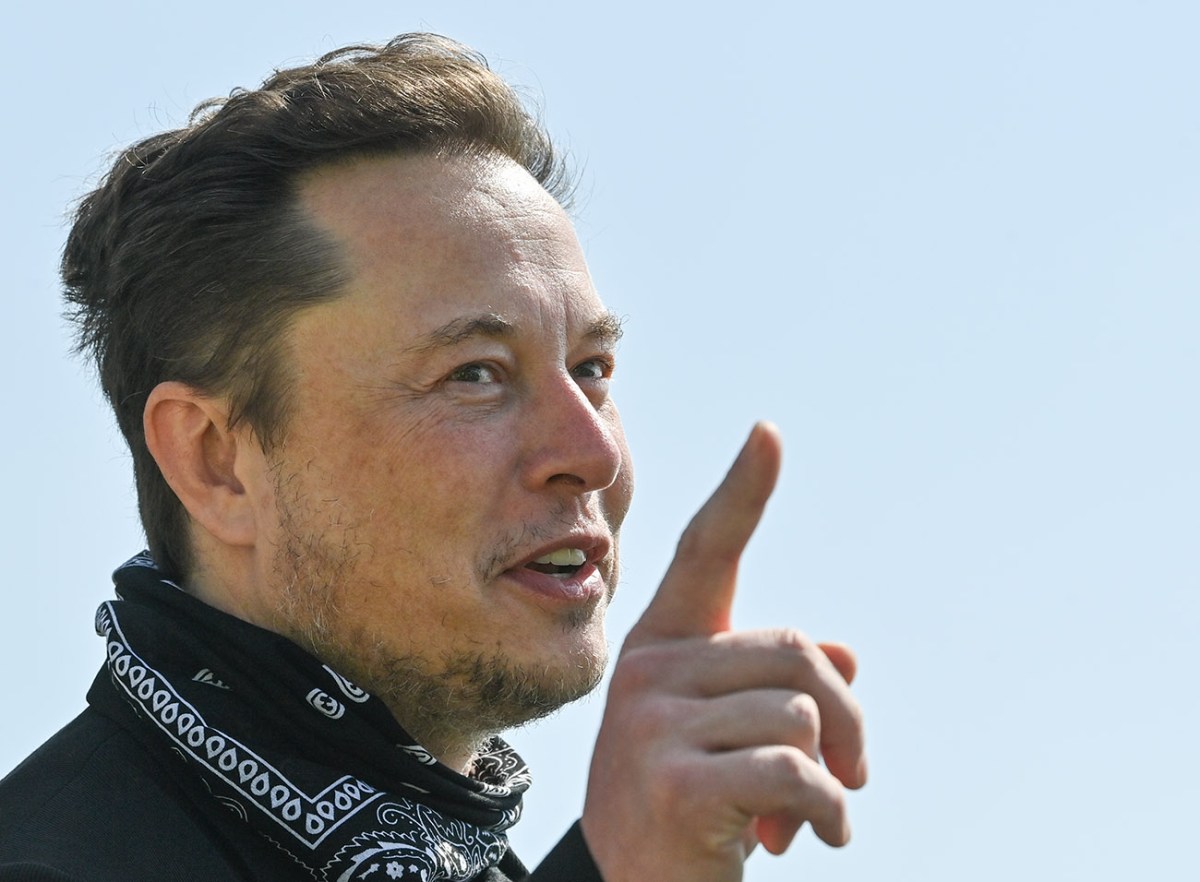
Auto Execs Have Major Problem With New EV Tax Credits
EV tax credits are one of the most effective tools that the U.S. government has employed to convince citizens to switch from internal combustion cars to electric vehicles. It is much easier for some customers to make a case for spending $40k on an EV and changing their driving habits when they know that an additional $4,500 will come back to them.
EV tax credits are an integral part of purchasing an electric car that EV makers often list the MSRP on their vehicles with the tax credit already factored in. It is a bit of a sneaky tactic, but it shows just how vital those tax credits are to EV vehicle sales.
To help boost those sales even more and stimulate the American economy, President Biden and his administration have proposed increasing EV tax credits from $4,500 to $7,500 and up to 12,500. However, there is a stipulation attached to the proposal.
First, not every vehicle would qualify for the entire $12,500, and cars with an MSRP over $80,000 would not qualify for any tax credits at all. EVs built in the United States would be eligible for an additional $2,500, and EVs made in unionized manufacturing plants would qualify for another $2,500 on top of that. The proposal greatly benefits American brands that utilize UAW (United Auto Workers) labor such as Ford which is going full-speed ahead on the F-150 Lightning EV truck.
Second, after five years, only EVs built in the United States using batteries produced in the United States would qualify for the base level $7,500 EV tax credit.
Those seem like really great incentives for consumers, but some automakers are not happy about those conditions.
Auto executives sign letter to Nancy Pelosi in disagreement with proposal for EV tax credits

According to a report from Automotive News (subscription required), 12 automotive industry executives signed a letter sent to U.S. Speaker of The House Nancy Pelosi to express their concerns with the new proposal for EV tax credits.
The executives want the proposal to cover a broader range of EVs rather than having the EV tax credits specifically target vehicles built by union workers. The letter was signed by executives from automakers including Honda Motor Co., Toyota Motor North America, and Volkswagen Group of America. Other signatures included Hyundai North America CEO Jose Muñoz and Subaru of America CEO Tom Doll.
The letter pushed for “policies that offer incentives to all electric vehicles made by all American auto workers” and pushed back against what it called “policies that slow progress toward meeting our nation’s climate goals.”
“We appreciate your support for tax credits that encourage more consumers to consider [EVs]. However, we are opposed to the proposed changes to the EV tax credit incentive in the House reconciliation bill that discriminates against American auto workers, limits consumer choice, and prevents the administration from reaching President Biden’s goals on climate change,” stated the letter.
The letter goes on to suggest that the proposal in its current form would “unfairly disadvantage American workers who have chosen not to join a union and produce more than half of all vehicles in the United States and the vast majority of American-made EVs.”
Elon Musk is not happy about the proposal

Tesla has nothing to gain from this proposal as, currently, none of its vehicles would qualify for the proposed EV tax credits since Tesla’s vehicle plants are non-unionized. Also, the EV maker’s high-end cars, such as the Tesla Model S Plaid, would not qualify due to its high price tag.
Tesla CEO Elon Musk took his dissatisfaction to Twitter, alleging that the proposal is “This is written by Ford/UAW lobbyists, as they make their electric car in Mexico,” and that it is “not obvious how this serves American taxpayers.”
Currently, it is uncertain if the Biden administration will reform the new EV tax credits proposal to be more inclusive of EVs not built by union workers.


